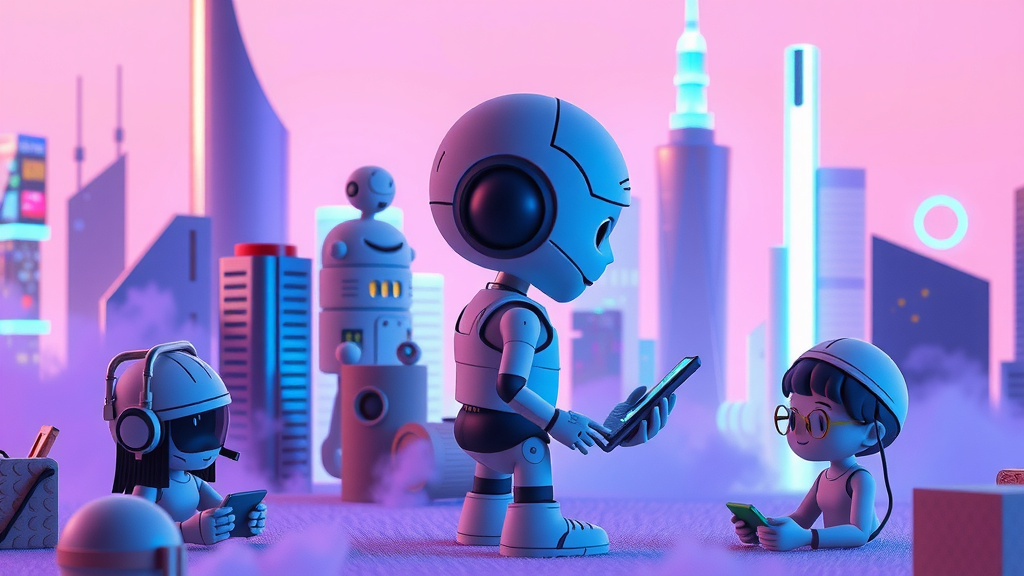The intersection of technology and human experience is a complex and multifaceted topic, with various stakeholders weighing in on its implications. Recent developments in AI have sparked both excitement and concern, with some hailing it as a revolutionary force and others warning of its potential dangers. In this news brief, we'll delve into the latest trends and insights surrounding AI, from its applications in online dating and healthcare to its impact on human decision-making and the job market.
AI Dating: A Double-Edged Sword
AI dating has become increasingly popular, with tools like ChatGPT and Rizz generating conversations and optimizing user profiles. However, experts warn that relying on AI for love and romance can have unintended consequences, such as deepening systemic inequities and perpetuating conservative worldviews about sex and relationships. To resist the tech takeover of romance, individuals can engage in vintage activities like thrifting, cooking, and game nights, which promote in-person experiences and decision-making on one's own terms.
AI Security: A Growing Concern
The rise of AI has also raised concerns about security and safety. Researchers have found that DeepSeek's R1 AI model is more easily jailbroken than other AI models, allowing access to instructions related to bioweapons, self-harm content, and other illicit activities. This vulnerability highlights the need for robust security measures and governance in AI development.
AI in Healthcare: Efficiency and Productivity
Health systems are prioritizing efficiency and productivity in AI adoption, with over 70% of C-suite executives viewing operational efficiency and productivity gains as essential areas of focus. Generative AI is expected to drive efficiency in administrative tasks, such as appointment scheduling and medical record updates, while autonomous AI agents can streamline these tasks and reduce costs.
AI and Human Decision-Making
Research has shown that people still do not fully trust AI to make ethical decisions, despite its potential to offer impartial and rational advice. This skepticism highlights the importance of human experience and genuine understanding in decision-making processes.
AI in the Job Market
The adoption of AI in the job market is a pressing concern, with workforce shortages and talent shortages expected to be major obstacles in 2025. AI-powered automation could free up 13% to 21% of nurses' time, translating to an additional 240 to 400 hours per nurse per year.
Key Takeaways
- AI adoption in various industries is accelerating, with healthcare prioritizing efficiency and productivity.
- AI security is a growing concern, with vulnerabilities in AI models allowing access to illicit activities.
- Human experience and genuine understanding are essential in decision-making processes, with AI still not fully trusted to make ethical decisions.
- AI-powered automation could free up time for healthcare professionals, but workforce shortages and talent shortages remain a challenge.
- The intersection of technology and human experience is complex, with various stakeholders weighing in on its implications.
Sources
- AI dating is about data, not love: How to resist the tech takeover of romance
- Researchers claim DeepSeek easier to jailbreak than rivals
- Secure AI in 2025: Lessons We Have Learned
- AI Chip Stock Astera Labs Smashes Q4 Views, But Stock Falls
- Elon Musk-led group proposes buying OpenAI for $97 billion. OpenAI CEO says ‘no thank you’
- Study finds skepticism towards AI in moral decision roles
- Elon Musk-led group makes $97.4bn bid for ChatGPT maker OpenAI
- AMD and G42 to Enable AI Innovation in France Through Strategic Investments
- Health systems chase ROI, target efficiency in AI for 2025
- Is AI making us dumb?
